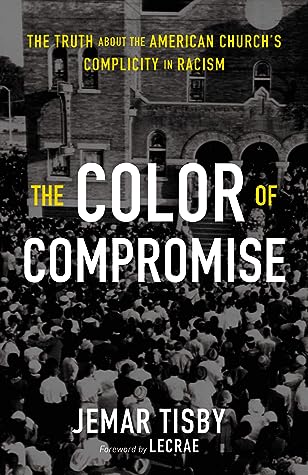More on this book
Community
Kindle Notes & Highlights
by
Jemar Tisby
Read between
May 27 - June 14, 2022
But the root of the disagreement over racial issues lies deeper beneath the surface. It is a failure to acknowledge the subtler ways that racism operates today. Because their religious beliefs reinforce accountable individualism, relationalism, and antistructuralism, many white Christians wrongly assume that racism only includes overt acts, such as calling someone the “n-word” or expressly excluding black people from groups or organizations.
As Anyabwile pointed out in his blog post, Johnson’s implication was that speaking about racial justice somehow indicated a drift away from the “true” gospel.
Christian complicity with racism in the twenty-first century looks different than complicity with racism in the past. It looks like Christians responding to black lives matter with the phrase all lives matter. It looks like Christians consistently supporting a president whose racism has been on display for decades. It looks like Christians telling black people and their allies that their attempts to bring up racial concerns are “divisive.” It looks like conversations on race that focus on individual relationships and are unwilling to discuss systemic solutions.
To increase your capacity to fight your own complicity in racism, you can start by increasing your awareness of the issues and the people involved. Although you can expand your awareness in many ways, one particularly fruitful place to start is by reading and learning more about the racial history of the United States.
They could pool resources to fund a massive debt forgiveness plan for black families.
could invest large amounts into trust funds for black youth, who now experience disproportionate rates of poverty in America.
funding black-led church plants and religious nonprofit organizations.
funnel significant resources into promising Christian enterprises that have the talent and vision to be successful but lack financial stability.
Wealthier churches could fund a salary sufficient for a pastor to work full time in the church and exponentially increase the minister’s capacity to serve in the local community.
Christian churches and schools could partner to make sure black students pay no tuition to Christian colleges and grad schools.
The entire church can learn from believers who have suffered yet still hold onto God’s unchanging hand.
Confronting the shortcomings of powerful and respected people has never been easy, but it has always been necessary.
Paul


